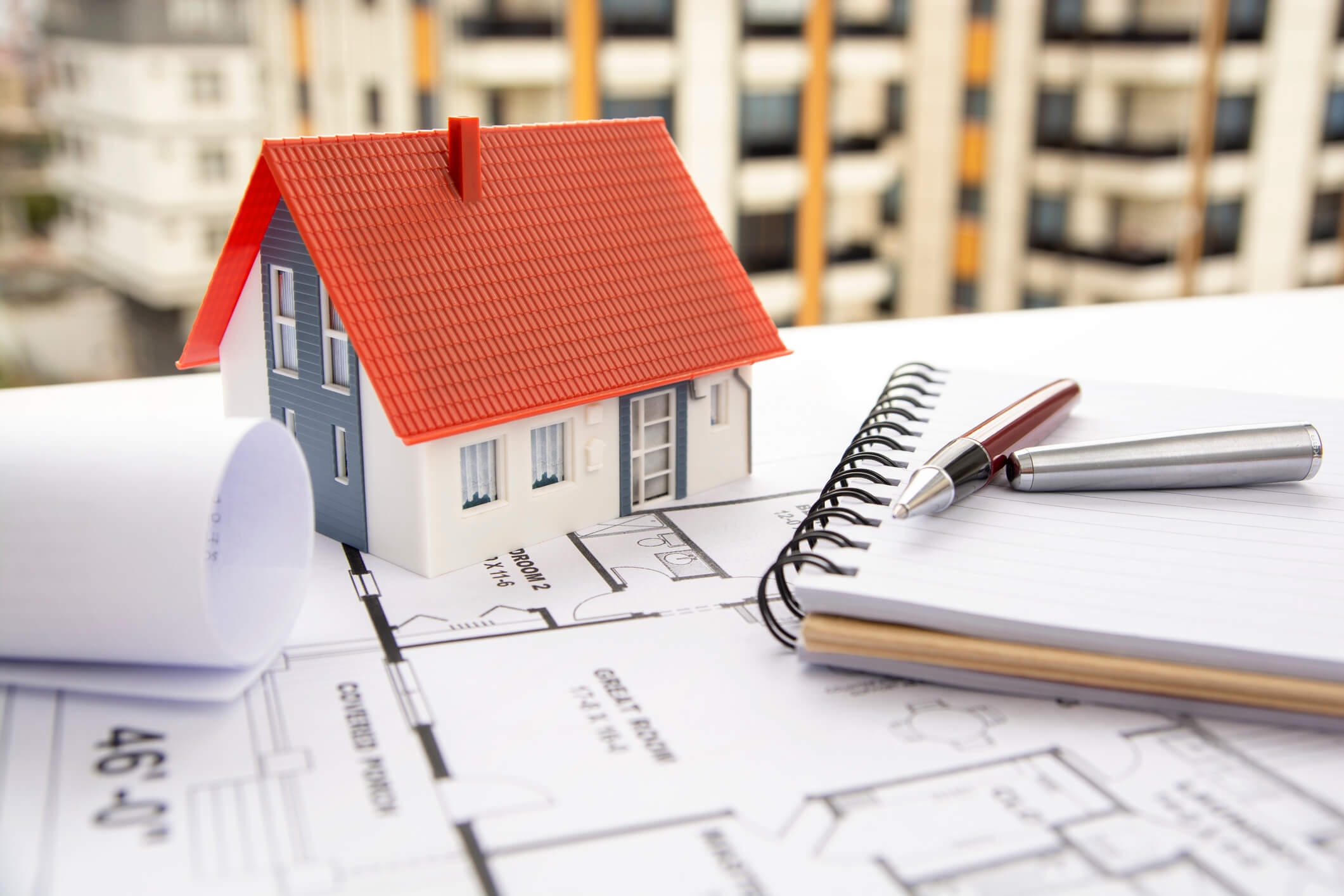Understanding the Function and Affect of Property Developers in Real Property
Understanding the Function and Affect of Property Developers in Real Property
Blog Article
Within the world of real estate, property developers have a pivotal role in shaping communities, landscapes, and economics. They have the primary responsibility for the design, conception of construction, marketing, and even the design of various real estate ventures, ranging from residential complexes to commercial development. Their impact extends beyond mere construction, as they are able to navigate the regulatory frameworks as well as market trends, and societal demands. Knowing the importance and significance of property developers helps to understand the intricacies of the real-estate industry and its broader implications.
The core of a property developer's responsibilities lies the finding and acquiring suitable properties for development. Initial phases include a meticulous research, market analysis as well as feasibility studies, along with risks assessments in order to guarantee that the feasibility and financial viability of the development. Developers need to be aware of zoning regulations, environmental considerations, and legal complexities to secure permits and approvals needed. Their ability to see untapped potential in overlooked areas can lead to an economic boom and revitalization in cities.
But, traversing the maze of terrain of real estate development is riddled with challenges. Instabilities in markets, hurdles to regulation as well as community resistance can cause even the best developed plans off course. The economic downturns can stall projects even as shifting consumer tastes require continuous adaptation. Developers must also strike a delicate balance between financial success as well as social responsibility. They must also deal with issues of affordability sustainable, fair access to housing. When faced with such challenges, successful developers demonstrate the ability to adapt, innovate, and a steadfast commitment to the vision they have.
Beyond the mortar and bricks the role of property developers is in creating the social fabric and prosperity of their communities. By investing strategically in amenities, public spaces and infrastructure, they improve the liveability and attractiveness of neighbourhoods. By fostering vibrant retail districts, recreational facilities, and the arts, they contribute to local economies as well as create employment opportunities. In addition, sustainable development practices encourage environmental stewardship and are resilient to climate change while aligning with the larger societal objectives. Property developers have significant influence in fostering inclusive and sustainable growth, fostering a symbiotic link between community and development well-being. To generate further details kindly head to Akisama
The viability of a construction project does not rely solely on its physical attributes but also on the market positioning and its branding. Developers of property employ creative marketing techniques to distinguish their properties and draw either tenants or buyers. It involves creating captivating narratives along with visual identities and sales campaigns that resonate with target audiences. If it's luxury condos targeted for buyers with high-end tastes or budget houses geared towards first-time homebuyers effective branding is vital for driving sales and maximizing ROI. Developers also leverage technological advancements as well as social media to connect with a wider range of customers and interact with potential clients in an ever-changing market.
While pursuing profits the property development industry has the responsibility of sustainability and impact on society. Sustainable building practices as well as energy efficiency and green spaces are now prioritised to reduce environmental footprints and enhance quality of life. Furthermore, developers play a important function in the development of affordable housing which address societal disparities as well as housing insecurity. With the adoption of sustainable and inclusive practice of development, they not simply reduce risk, they also can contribute to the sustainability and vitality of communities.